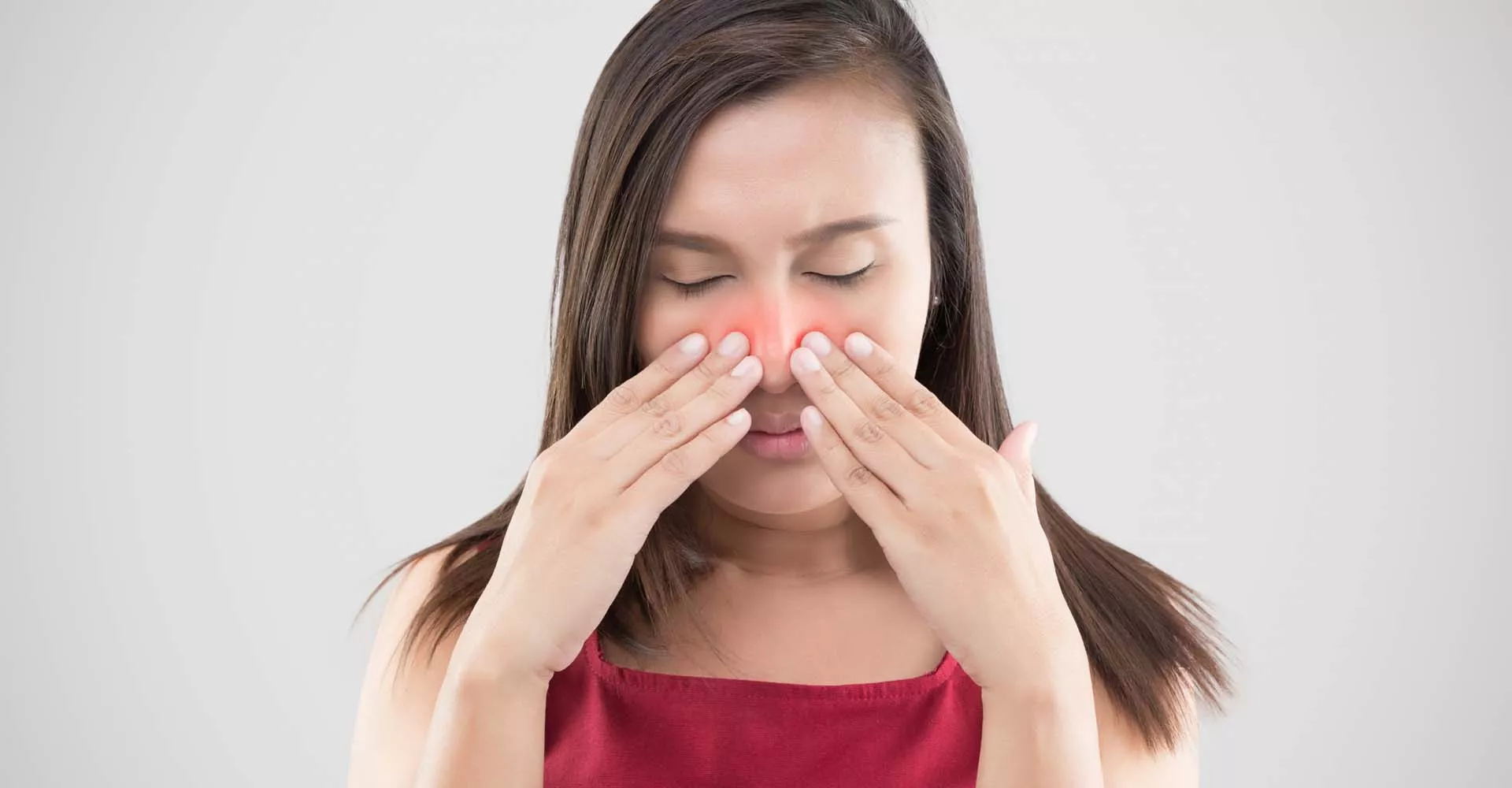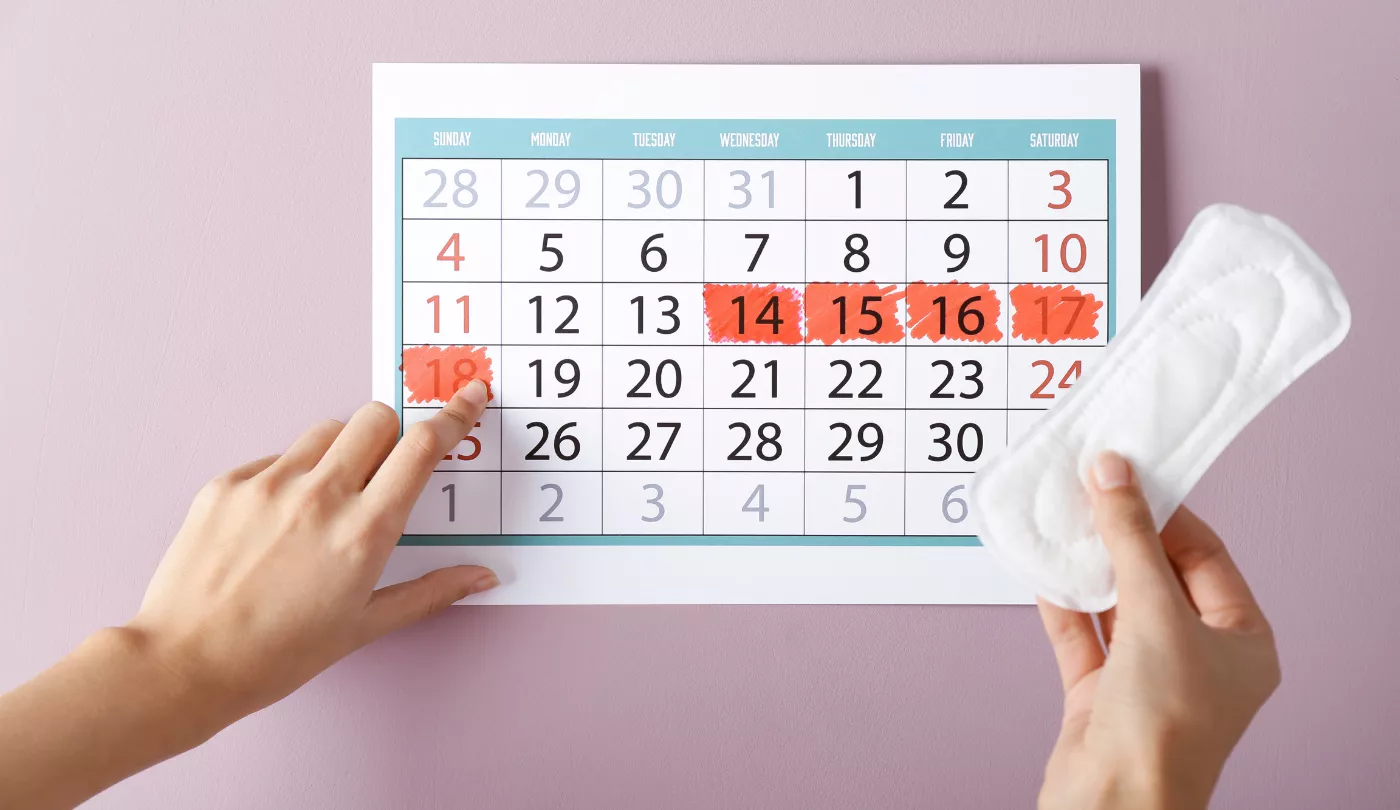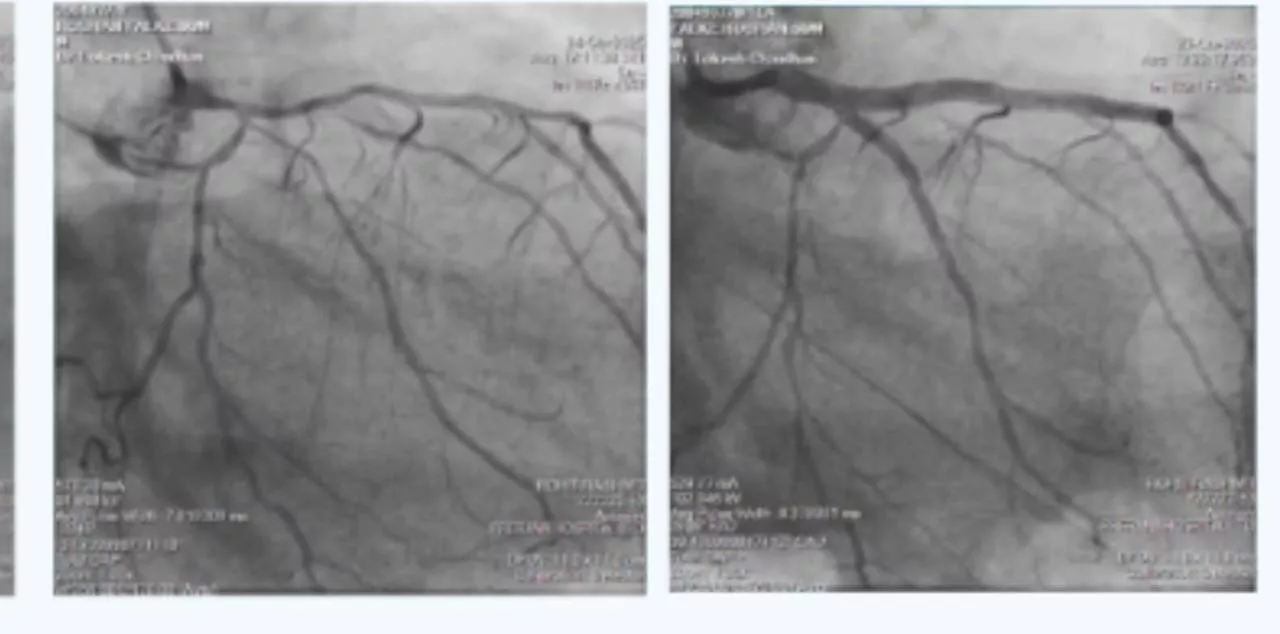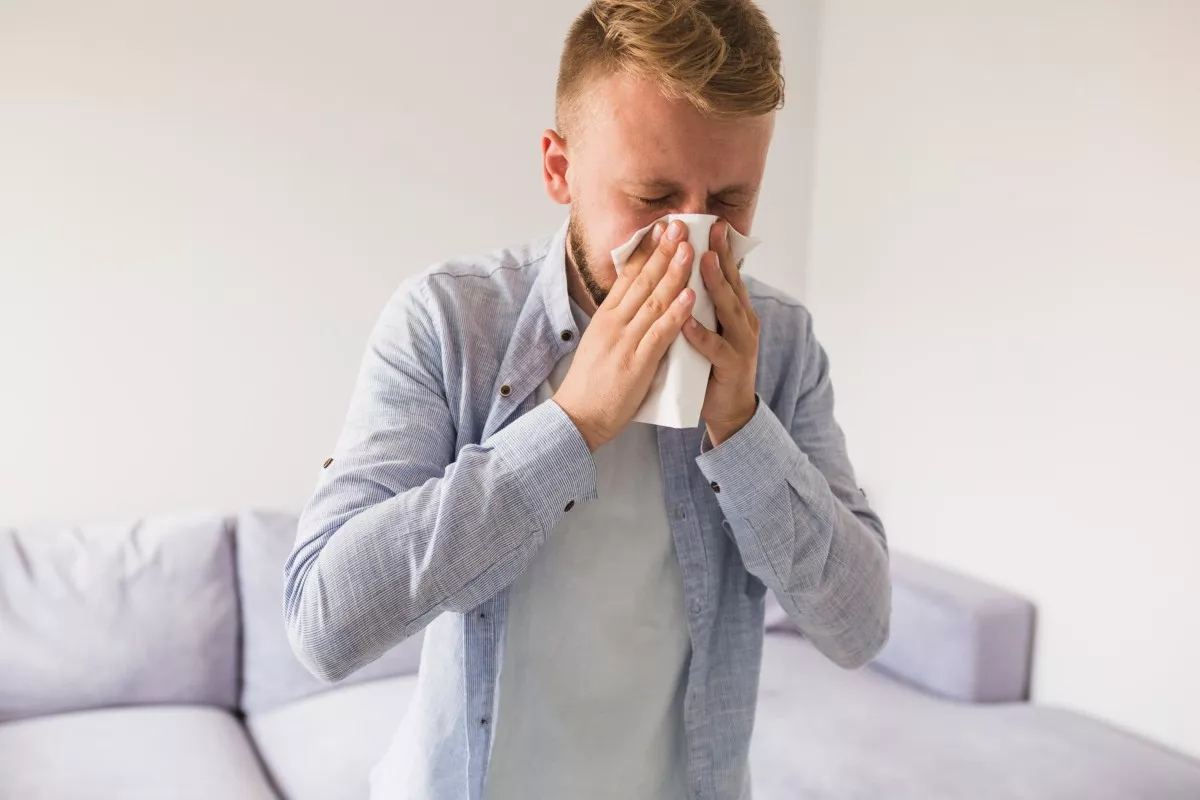The onset of winter brings a drop in temperature, a change in humidity, and for many people, a rise in health problems! Among the most common are sinus and allergy complaints. While some may enjoy the cool weather, others struggle with blocked noses, facial pressure, or difficulty breathing.
These symptoms do not arrive by accident! They are the result of how the body reacts to cold, dry air and environmental triggers. Understanding the link between winter and sinus congestion can help people prevent discomfort and take better care of their respiratory health.
Why Sinuses React to Winter Air
The sinuses are small air-filled spaces [present in the bones around the nose]. They are lined with delicate mucous membranes that produce moisture and filter the air we breathe. These membranes stay moist and work efficiently, especially in warm and humid conditions. But when winter arrives, the air becomes cold and dry. This change draws moisture from the sinus lining, making it dry and irritated.
Dry membranes do not filter air properly. They lose their ability to trap dust, allergens, and microbes. This increases the risk of infection and inflammation. When the nasal lining swells and the mucus becomes thick, it gets trapped. This leads to sinus congestion, facial heaviness, and pain around the forehead, eyes, and cheeks.
ENT specialists in India often observe that sinus complaints spike during winter, particularly among patients living in air-conditioned environments or high-pollution zones.
Allergy Breathing Problems in Cold Seasons
Allergies do not disappear in winter. They simply take on a different form. Instead of pollen, indoor allergens such as dust mites, mould spores, and pet dander become more dominant. As people spend more time indoors with closed windows and poor ventilation, these allergens collect in bedding, carpets, and curtains.
For people sensitive to these triggers, exposure can lead to sinus allergy symptoms such as sneezing, runny nose, itchy eyes, and wheezing. In severe cases, it may also cause allergy breathing problems, especially in people with underlying asthma.
Humidity plays a crucial role in this. Too much dampness promotes mould growth. Too little moisture dries out airways. Both conditions increase irritation. Maintaining the right balance inside the home becomes essential, especially in cities where air quality drops during winter due to smog and smoke.
How to Recognise Sinus and Allergy Symptoms
Symptoms caused by winter sinus or allergy problems often appear gradually. People may notice a blocked nose that refuses to clear. They may experience pressure around the face or dull headaches that return every morning. Some complain of post-nasal drip or frequent throat clearing.
Other signs like fatigue, reduced sense of smell, or mild fever may also be experienced. If the problem continues for more than a week, it may point to sinus infection. Allergy-related symptoms may include watery eyes, frequent sneezing, and shortness of breath. Many cases begin with mild discomfort but can worsen without care. Identifying patterns [such as symptoms appearing every winter or after staying indoors] helps pinpoint the real cause.
Prevention Strategies That Actually Work
Protecting sinuses and airways during winter begins with simple lifestyle changes. The first step is to control indoor air quality. Use humidifiers to maintain moderate moisture levels. Avoid very dry air, which increases irritation, or dampness, which encourages mould.
Drink plenty of fluids to keep mucus thin. Inhale steam to hydrate nasal passages. Use saline sprays to keep the nose moist if the indoor air is too dry. Avoid smoking or exposure to smoke, as it worsens sinus congestion and inflames airways.
Keep living spaces clean. Wash bedding in hot water to reduce dust mites. Vacuum carpets and curtains regularly. Air out rooms during the warmer part of the day to allow fresh air to circulate.
People with chronic allergy breathing problems or recurring sinus congestion should avoid overusing decongestant sprays. While these may give short-term relief, long-term use can worsen the condition.
When to Seek Professional Help
If symptoms become persistent, worsen suddenly, or interfere with sleep or daily function, it is time to visit a specialist. A runny nose lasting more than ten days, frequent sinus pressure, or repeated infections may need further evaluation.
Doctors may suggest antihistamines, nasal corticosteroids, or antibiotics depending on the cause. In some cases, sinus irrigation or minor procedures may be needed. The goal is not only symptom relief but long-term control of triggers.
Conclusion
Winter may bring comfort for some, but for those with sinus or allergy problems, it often brings trouble. The combination of cold air, dry surroundings, indoor allergens, and poor air quality triggers sinus congestion and allergy breathing problems. For people with persistent symptoms, ENT specialists in India provide the support and treatment needed to breathe freely through every season.











